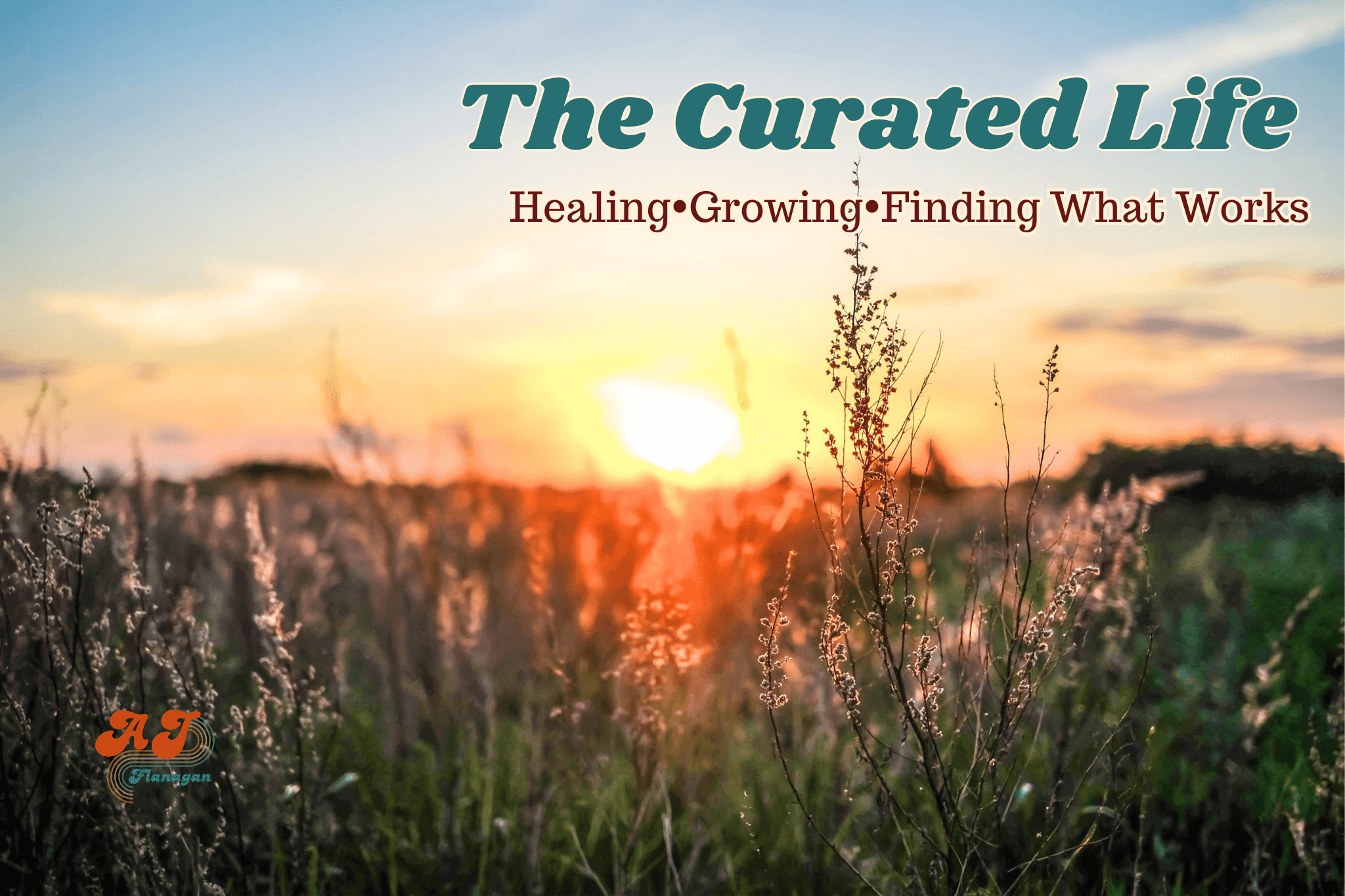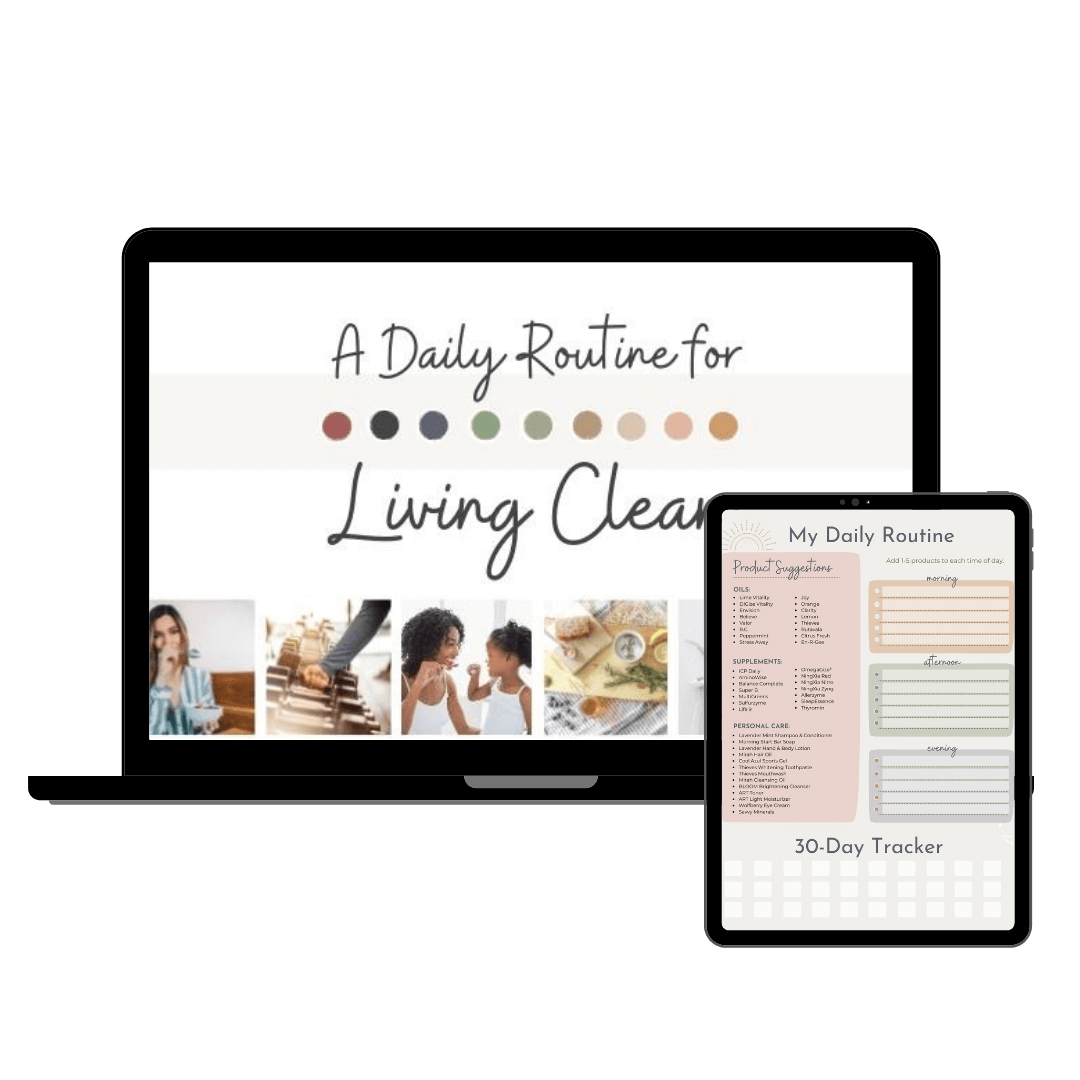
Ever notice how an hour disappears—scrolling on your phone, munching chips you didn’t even want, or clicking ‘next episode’ on a show you weren’t that into? People often say we’re addicted to dopamine—but that’s a myth. You can’t be addicted to something your brain needs every day. What we really get hooked on are the cheap, quick hits of dopamine—like endless scrolling or junk food—that feel good for a moment but don’t give us the steady motivation dopamine is meant to provide.
What’s your version of the ‘cheap hit’? For me lately, it’s YouTube videos. I tell myself just five minutes, and suddenly half an hour’s gone.
Learning how to support healthy dopamine levels the right way can help you feel motivated, balanced, and more energized without needing those constant quick fixes...
Read more...What’s your version of the ‘cheap hit’? For me lately, it’s YouTube videos. I tell myself just five minutes, and suddenly half an hour’s gone.
Learning how to support healthy dopamine levels the right way can help you feel motivated, balanced, and more energized without needing those constant quick fixes...

The weird thing about this stage of life—whether you call it menopause, perimenopause, or “whatever’s happening to me right now”—is that it sneaks up on you. One day you’re fine, and the next you’re standing in the kitchen thinking, “Wait… why am I here again?” while wondering if it’s normal to be sweating through your T-shirt at 9 a.m.
It’s subtle at first. A few nights of restless sleep. A little more irritability than usual. Brain fog that makes conversations feel like a mental obstacle course. Then suddenly you’re Googling things like “natural hot flash relief” or “how to sleep better in menopause.”
Read more...
This blog is a bit of a followup on a recent one I wrote about 10 things that I used to think were woo-woo - until they actually worked. All of the comments and emails I got afterwards got me to thinking. Why do we think that stuff is woo-woo in the first place?
Remember the movie "White Nights" with Mikhail Baryshnikov, Gregory Hines, Isabella Rossellini, and Helen Mirren? I used to play that soundtrack over and over and can still remember the lyrics to Lou Reed's song "My Love is Chemical" from it. Their meaning is actually more metaphorical than I understood back then when I took them quite literally...
Read more...
If you had told me years ago that I’d be sharing about natural wellness products and mentoring others through it, I probably would’ve side-eyed you over my cup of tea.
I mean… I didn’t exactly plan on doing this. I just started using a few things from Young Living—swapped out some household cleaners, tried a supplement or two, added oils to my bedtime routine—and realized I felt better.
Healthier.
More me.

Two weeks after my wrist fracture was surgically repaired, I got my post‑op labs back—and honestly, I was expecting to see my bone markers doing a victory lap. Instead, my liver enzymes were flirting with the danger zone.
Who knew that anesthesia, pain meds, and healing byproducts could turn your liver into the unsung hero (or unexpected overachiever) of recovery? It was my wake‑up call: healing isn’t just about bones knitting back together—it’s a full‑body production, and my liver deserves a standing ovation...
Read more...



